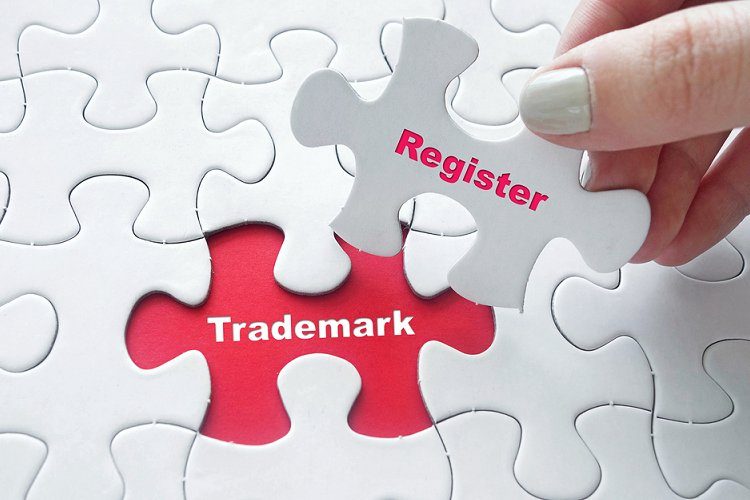Why Your Business Needs to Register a Trade Mark

Business owners know that success doesn’t come easy.
Competition is fiercer than ever and margins are tight. Digital communications and an increasingly globalised economy have brought complex challenges and business owners have to be hyper-vigilant about protecting their assets. And that’s why trade mark registration is one of the smartest moves a business owner can make.
Anyone can register a trade mark. It’s not the exclusive domain of big corporates with deep pockets. In fact, it’s generally a surprisingly efficient and affordable process and the level of protection that it gives business owners over their intellectual property far exceeds the investment in the registration process.
How Is a Trade Mark Defined?
A trade mark is any sign or combination of signs that identifies or differentiates goods or services provided by one trader from similar goods or services provided by other traders operating in the same industry sector.
A trade mark can be a word (eg your business name), a phrase, a slogan, a logo, an image, packaging, a colour, a sound – and in some rare instances, even a smell!
Just about anything can be registered as a trade mark provided it meets the eligibility criteria as set down by IP Australia.
What Are the Risks of NOT Registering My Trade Marks?
Picture the scenario. A business owner has invested considerable time and money in developing and establishing a brand. It’s gaining traction in the market and the months or years of effort are starting to pay dividends. Sales are increasing, the customer base is growing and the brand is starting to enjoy a solid reputation in the marketplace.
Now imagine if a very similar – or even identical – brand popped up that was competing in the same space. Customers would be confused. They may inadvertently switch to the other brand without even realising it. What if the competitor offers cut-price goods or services? Their offering may also be inferior, putting the hard-earned reputation of the original brand at risk.
So how would the original business respond? Would it need to double down on its investment in brand-building to distance itself from the competitor and try and win back market share? Would it even survive? Without trade mark registration in place, the original business may be limited in its options, if any, to ask the competitor to cease use.
Registering a trade mark is business basics 101. Without this essential legal protection, your brand’s very existence may be threatened.
It’s also important to be aware that if you haven’t registered a trade mark, you may inadvertently be infringing someone else’s registered trade mark. Imagine the disastrous implications of having to scrap or substantially change a brand that you’ve poured your heart and soul (and considerable sums of money) in establishing because you’ve been advised that it’s unlawful because it’s confusingly similar to the registered trade mark of another operator in your industry?
The Advantages of Registering a Trade Mark
- It gives the trade mark owner enforceable legal rights with respect to the use of the mark (in relation to the nominated registered goods or services)
- It enables the trade mark owner to take legal action when their trade mark rights are infringed (whether deliberately or inadvertently)
- It protects a business’s intellectual property
- It prevents consumers from getting confused
- It eliminates the risk of brand equity being diluted or eroded by another similar mark
- It protects the brand’s reputation
There’s also another key commercial benefit to registering a trade mark – and that is that it enables the trade mark owner to sell, transfer or licence the use of the trade mark to third parties. This can be a significant ongoing revenue generator for businesses looking to maximise the return on their investment, plus it can be a compelling proposition for a prospective buyer when it comes to selling the business.
In a nutshell, a brand is a valuable asset and registering it as a trade mark is a smart way to protect that asset and maximise its potential.
A final word on registering a trade mark
The world of trade marks is complex and dynamic and while it is possible to DIY a trade mark registration, mistakes can be costly. If you own a business and are seeking clarity on trade mark registration, the best starting point is a chat with a qualified trade marks attorney.
Contacting a trade marks attorney will provide considered advice and recommendations based on your specific industry requirements and can assist with every aspect of trade mark registration, from the initial search to renewal of existing trade marks.

